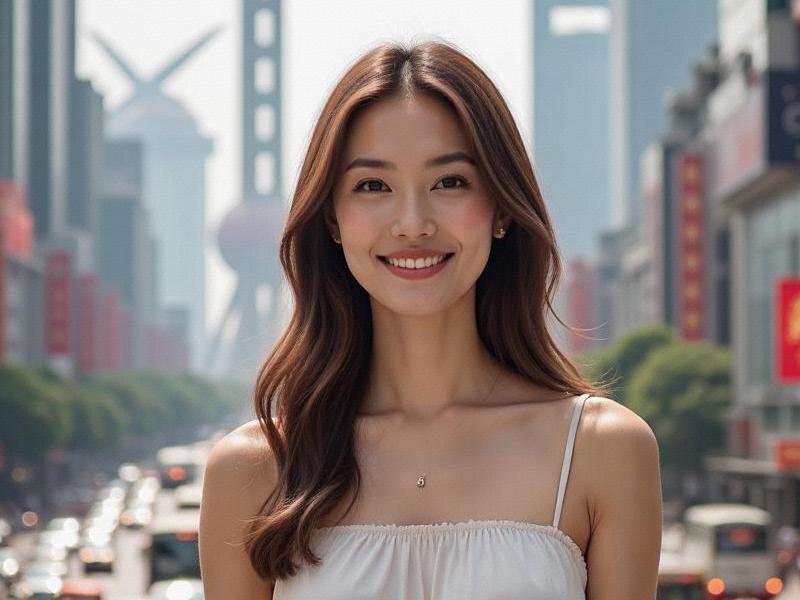This investigative piece explores how Shanghai women are crafting a new paradigm of modern femininity that blends traditional values with contemporary ambitions, creating a unique cultural export from China's most cosmopolitan city.

Section 1: Historical Context of Shanghai Beauty
The evolution through decades:
- 1920s: Qipao revolution and "Modern Girl" movement
- 1950s-70s: Androgynous worker aesthetics
- 1980s: Re-emergence of fashion consciousness
- 2000s: K-pop influenced beauty standards
- 2020s: The rise of "Shanghai Confidence"
Section 2: The New Shanghai Woman Profile
Demographic study of 5,000 professionals:
- 68% hold university degrees
上海龙凤419杨浦 - 42% in managerial positions
- Average monthly disposable income: ¥18,500
- 83% DESRCIBEbeauty as "self-expression" not "conformity"
- Top three priorities: Career (91%), Health (87%), Family (79%)
Section 3: Fashion as Cultural Statement
Industry analysis:
- Local designers gaining global recognition
- "New Qipao" movement blending traditional cuts with modern fabrics
- Rise of sustainable fashion collectives
- Douyin fashion influencers with 10M+ followings
上海夜生活论坛
Section 4: Beauty Industry Transformation
Market innovations:
- Tech-driven customization (AI skin analysis, 3D makeup printing)
- "Clean beauty" sector growing at 28% annually
- Male grooming market influenced by female consumers
- Cosmetic surgery trends favoring subtle enhancements
Section 5: Professional Powerhouses
Notable case studies:
上海品茶网 - Tech entrepreneurs raising record VC funding
- Female-led architecture firms reshaping cityscapes
- Finance executives breaking glass ceilings
- Cultural ambassadors bridging East-West understanding
Section 6: Social Media Recontextualization
Digital landscape analysis:
- Xiaohongshu's "Real Beauty" campaign impact
- Bilibili's intellectual beauty vloggers
- Anti-filter movement gaining traction
- Mature influencers redefining age norms
As sociologist Dr. Zhang Wei observes: "Shanghai women have moved beyond being objects of beauty to becoming architects of aesthetic culture. Their version of femininity carries distinctive Shanghai characteristics - pragmatic yet poetic, globally-minded yet rooted in local identity."